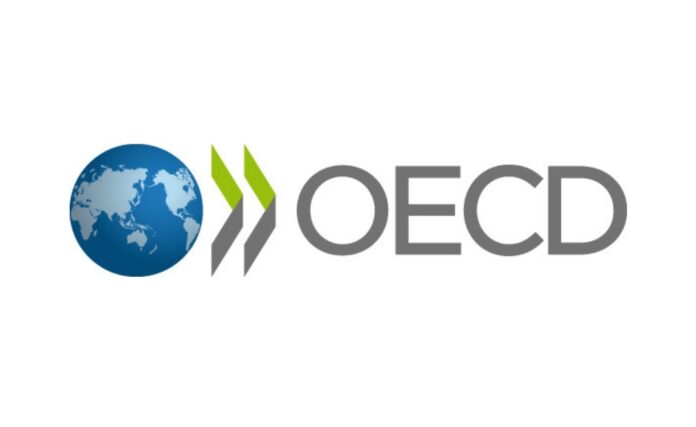Romania’s accession to the OrganiSation for Economic Co-operation and Development (OECD) is not only a recognition of the country’s economic progress, but also a significant opportunity for sustainable economic growth, an essential step for strengthening its position on the global economic scene, according to an analysis conducted by the Bucharest Center For Economy & Society (CES).
„Romania is in a favourable moment of its international journey, in full swing of joining the Organisation for Economic Co-operation and Development (OECD), a step comparable in importance to joining the European Union in 2007. Access to the OECD, nicknamed the select club of good practices in the field of economic governance, is not only a symbolic objective, but has direct and profound implications for the Romanian business community and for the national economy as a whole. Therefore, joining this organisation is not only a recognition of Romania’s economic progress, but also a significant opportunity for sustainable economic growth, which automatically results in a positive impact on the business environment,” according to CES Bucharest.
OECD’s 38 member states – including the U.S., Japan or Australia – and its main partners, make up about 70% of world’s production and trade, and also 90% of foreign direct investment globally. Currently, OECD member countries generate about 60% of the gross world product.
Thus, the analysis points out, Romania’s accession to the OECD is an essential step for strengthening its position on the global economic scene. The potential benefits are multiple, from drawing foreign direct investment to increasing the competitiveness of the national economy by promoting innovation and sustainability.
Also, accession to the OECD will strengthen Romania’s pro-Western trajectory, given that it is already a member of NATO and the EU, in an uncertain geopolitical and security context marked by border wars and global trade fragmentation.
This strategic anchor sends a message of stability and predictability, strengthening the confidence of investors and economic partners.
The analysis also shows that the OECD promotes principles such as democracy, open market economy and transparency, the rule of law and respect for human rights – essential values for creating a stable and predictable business community, and by meeting the OECD standards and recommendations, Romania will enjoy wider access to international markets, which will stimulate trade and draw foreign direct investment.
Moreover, the organisation encourages innovation and sustainable development, essential aspects for the long-term competitiveness of the Romanian economy. At the same time, OECD policies aim to bridge economic and social gaps, which will contribute to fairer economic growth. Joining the OECD requires the implementation of more effective public policies in key areas such as education, healthcare, and the labour market, which will contribute to increasing the quality of life and the development of human capital.
„The OECD highlights structural priorities for Romania: improving skills and labour mobility, combatting poverty and supporting SMEs through access to finance and rules-based entrepreneurial ecosystems,” shows the CES Bucharest analysis, which adds that the OECD promotes a green transition and energy security, considering decarbonisation a vector of competitiveness, and policies to reduce dependence on fossil fuels along with green investments attract quality capital and boosts industrial innovation.
Romania’s accession to the OECD started on January 25, 2022, and on June 10 of the same year, an accession roadmap was created, which establishes the stages and conditions for evaluation in the 26 committees and working groups. In 2024, Romania received several formal opinions from OECD committees, including in areas such as budget, regional development policy and shipbuilding.
According to a March 2024 OECD report, Romania continues to face significant economic challenges. In the short term, the OECD forecasts economic growth to 1.5% in 2025, followed by a recovery to 2.4% in 2026. In the current geopolitical context, uncertainties remain high, but priorities must include reducing inflation and managing public debt effectively.
Currently, Romania is evaluated in 26 sectoral technical committees of the OECD, which analyse the country’s legislation, policies and practices in relation to the organisation’s standards and legal instruments. Thus, the estimated deadline for completing the accession process is 2026, explains CES Bucharest. AGERPRES




